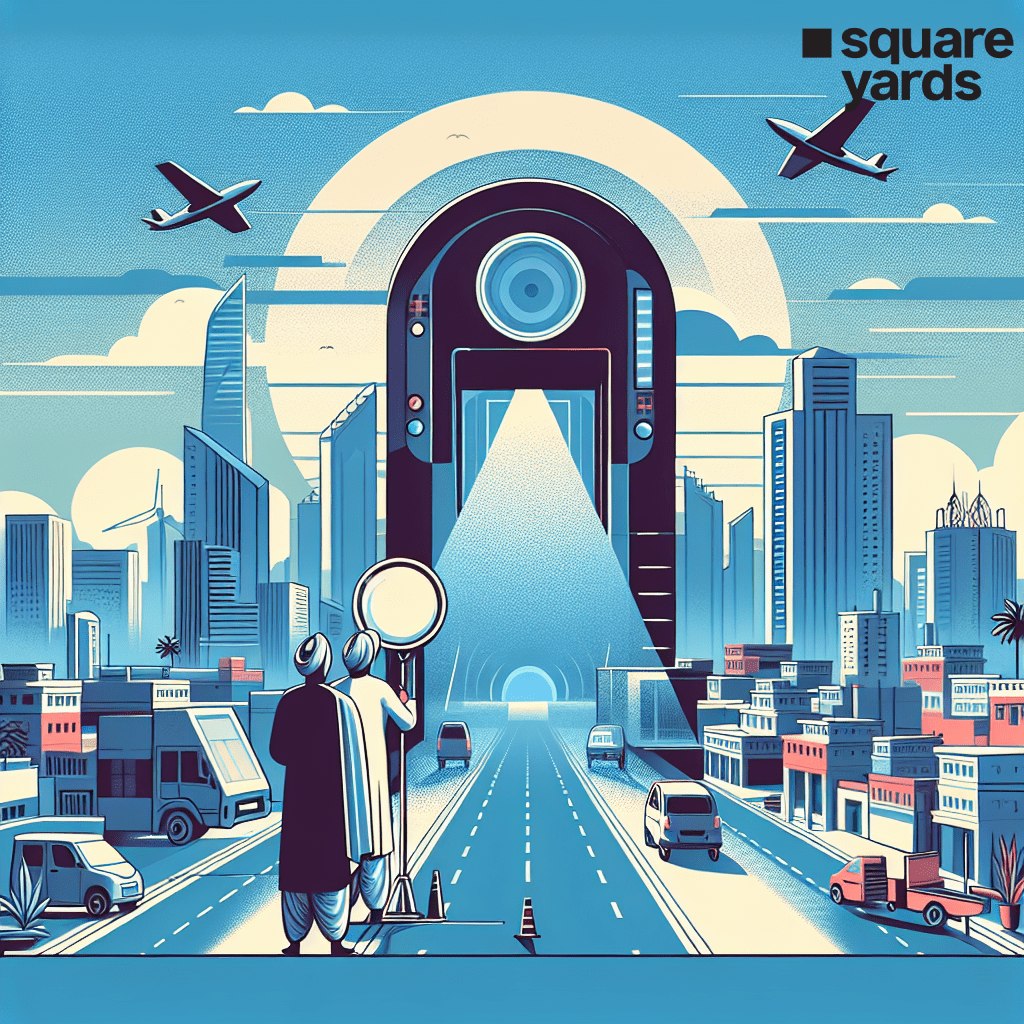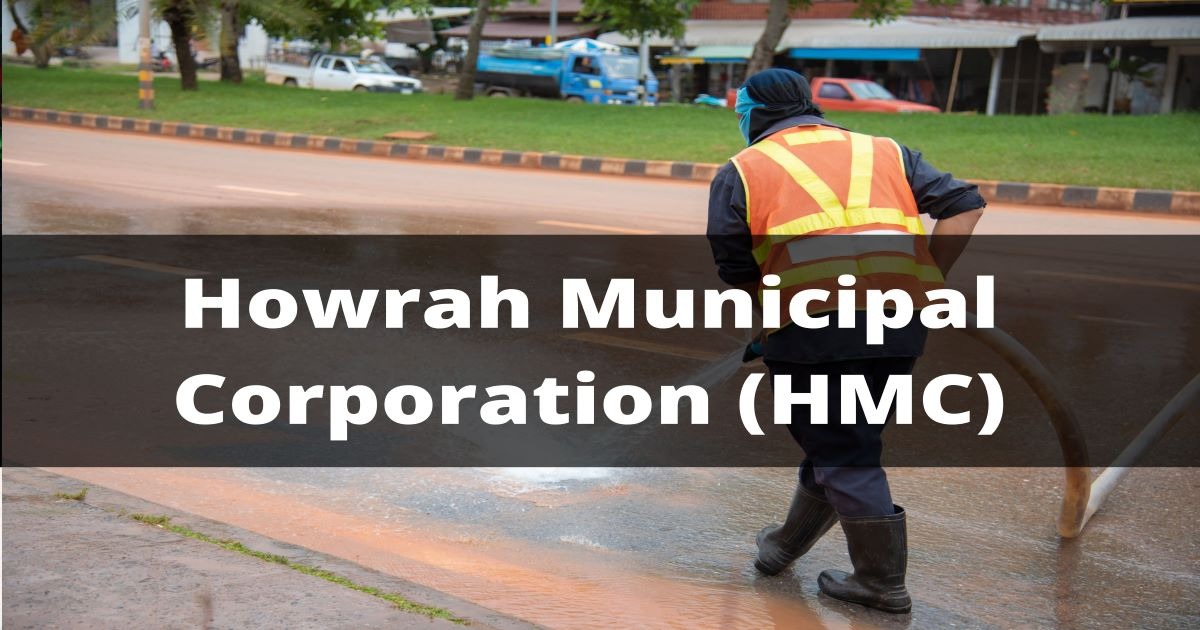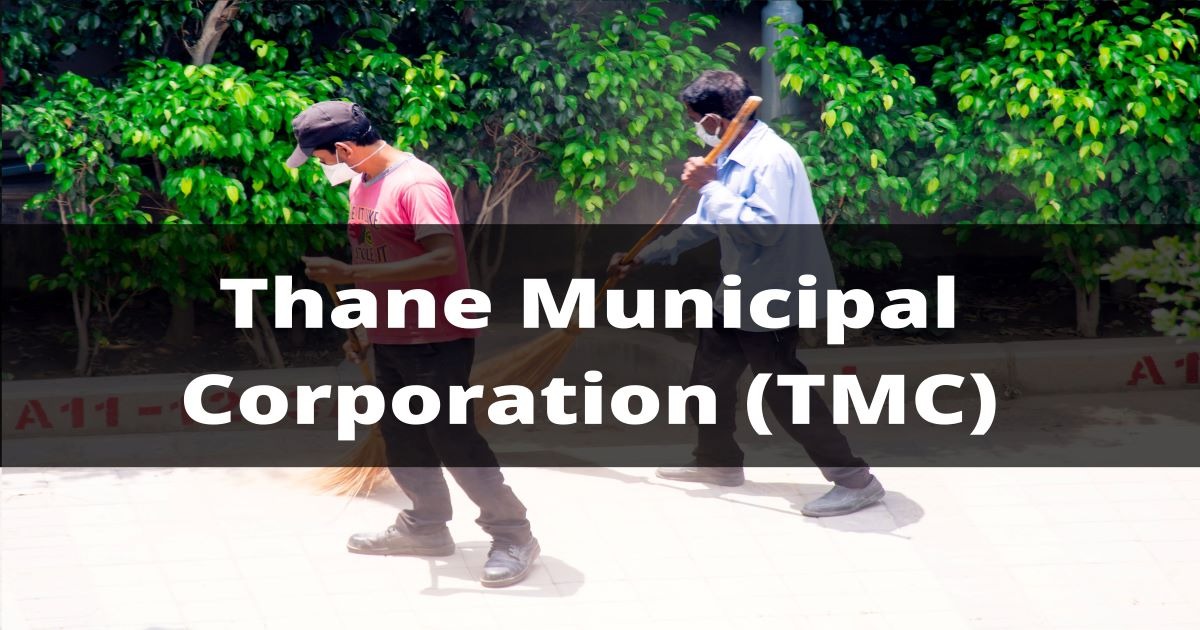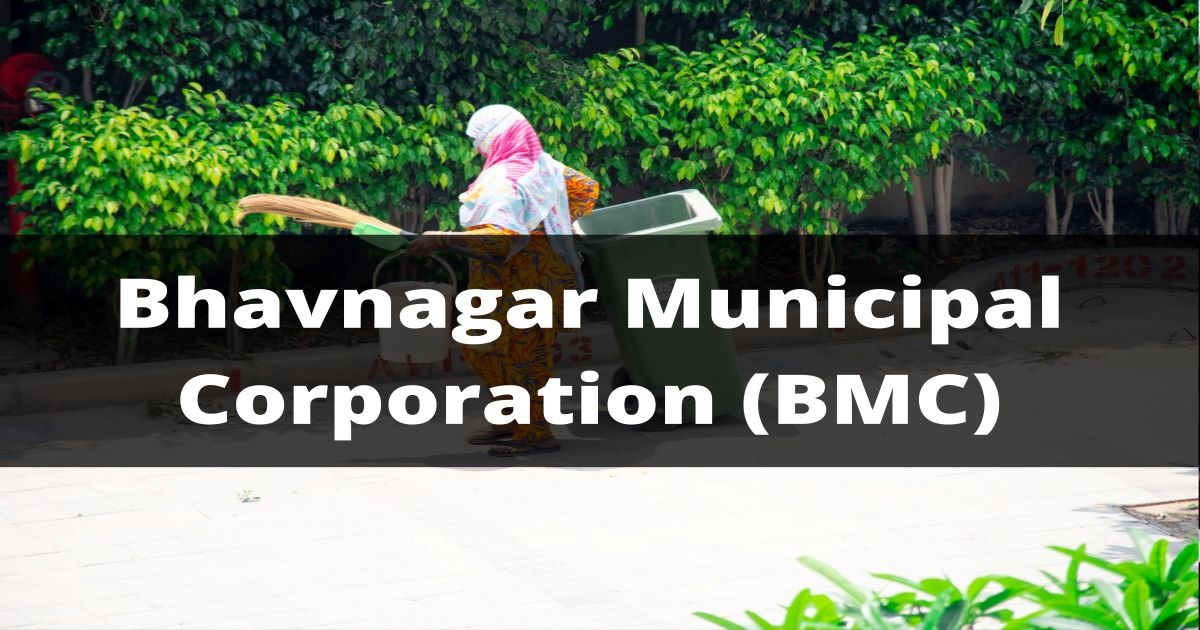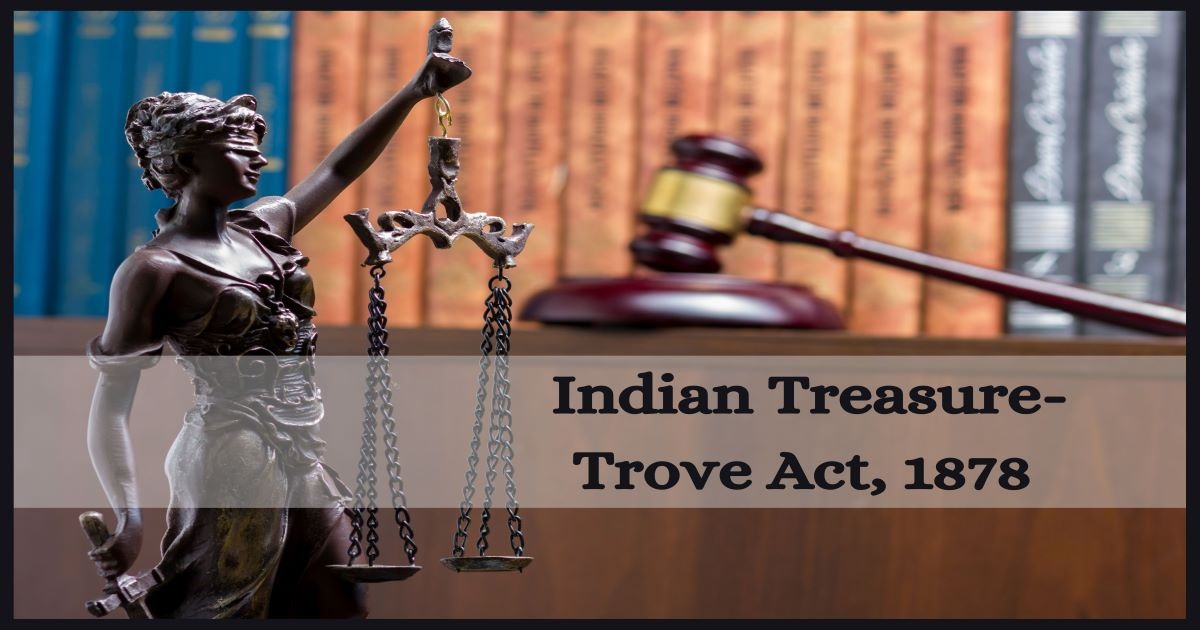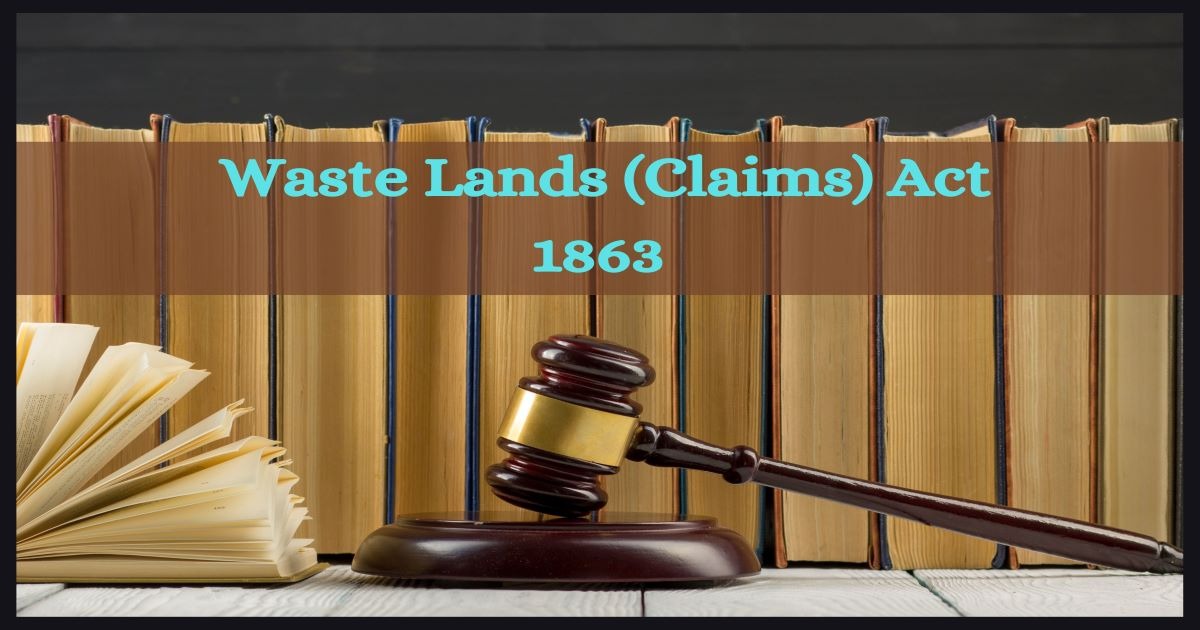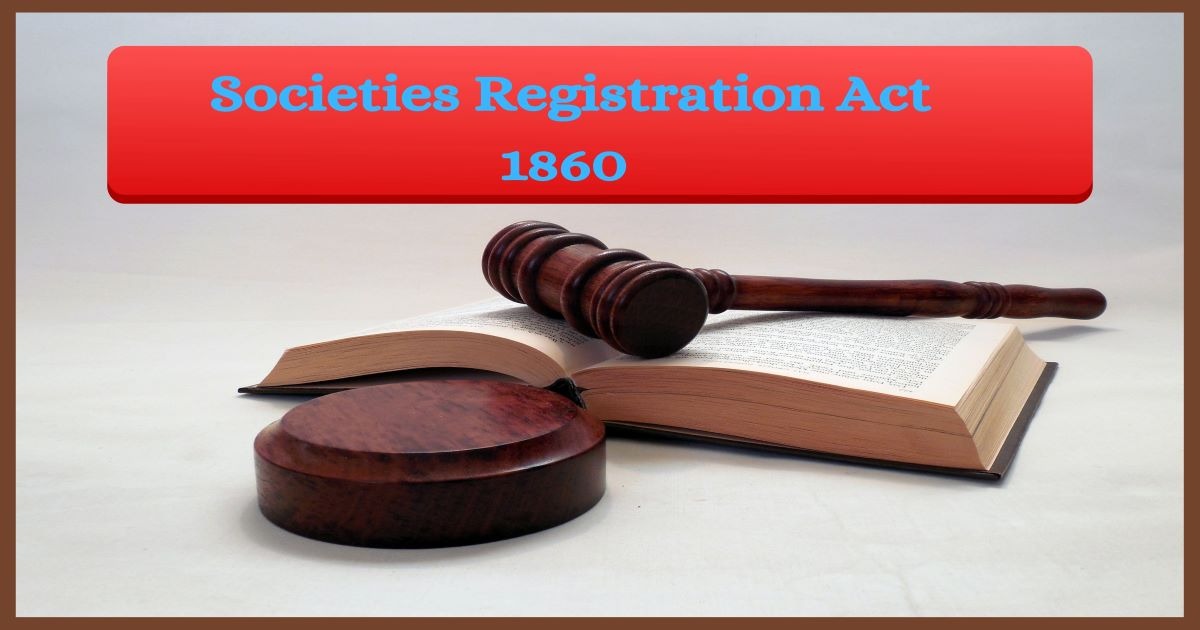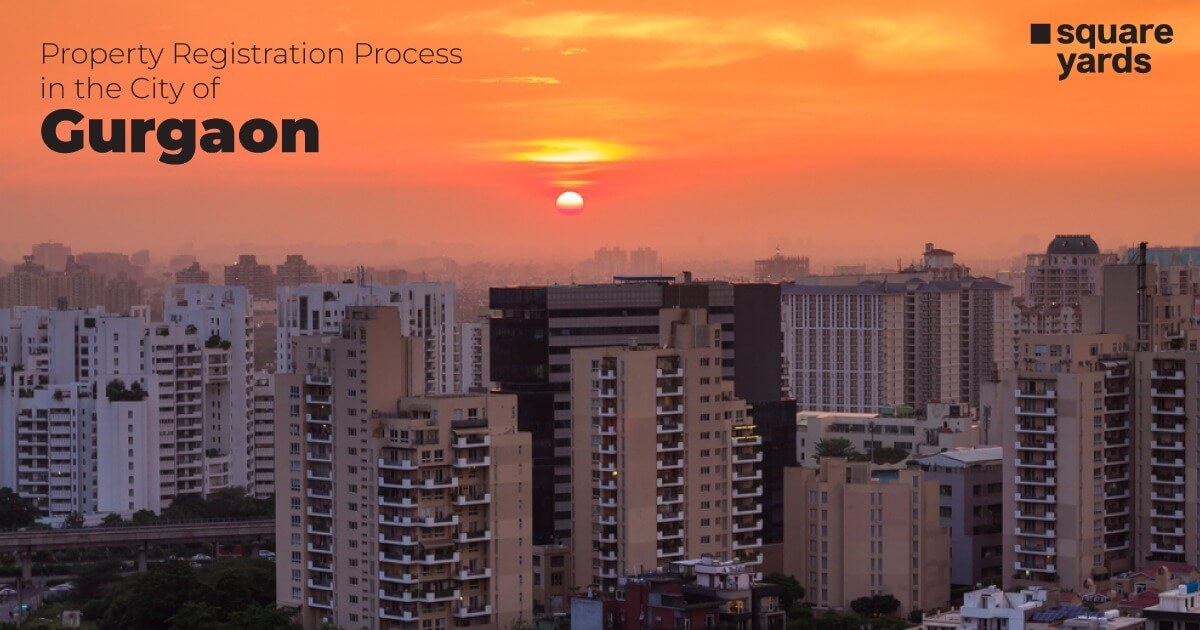The India Smart Cities Challenge is a competition designed to inspire and support municipal officials as they develop smart proposals to improve residents’ lives. The Smart Cities Mission aims to promote economic growth, improve governance, and produce better results for India’s urban residents.
This will be an ongoing challenge spanned across 3 years to identify a total of 100 cities to be developed
Stages & Timeline
Stage 1 : States Nominate Cities to compete JUNE – JULY 2015
Indian states nominate cities that meet select criteria to participate in the competition.
The first stage of the competition will be intra-state, in which cities in the State will begins with shortlisting the potential smart cities on the basis of conditions precedent and scoring criteria and in accordance with the total number allocated to it. The Ministry of Urban Development (MoUD) will thereafter announce the list of 100 smart cities.
Stage 2 : The Challenge Round for Selection : August – December 2015
Each city formulates its own unique vision, mission and plan for a “smart city.” Their concepts reflect the city’s local context, resources, and priorities of citizens. Each city develops a pan-city and area-based proposal.
For Example: Pune City
vision statement under Smart City Mission : Liveable, lovable Pune!
• At this stage as each city’s Smart City Proposal (SCP) is expected to contain the area within city chosen & Specific development plan and strategy like Retrofitting or re-development or greenfield or a mix thereof
• The Smart City Proposal (SCP) will also outline the consultations held with the city residents and other stakeholders, how the aspirations are matched with the vision contained in the SCP and importantly, what is the proposal for financing of the smart city plan including the revenue model to attract private participation
Stage 3: winning cities announced January 2016
• Proposals from state will be submitted to MoUD for all 100 cities. These will be evaluated by a Committee involving a panel of national and international experts, organizations and institutions
• A small number of cities – those with exceptional proposals – are named winners and announced by MoUD. The next 20 or so best cities continue in the competition with another chance to win. Remaining cities will have the chance to compete in the next competition cycle.
Stage 4 : Innovation Implementation Plan
• Teams from the short-listed cities participate in a robust innovation and implementation planning program designed to strengthen and refine their proposals
Stage 5 : Re-submitting Proposal
• After the short-listed cities re-submit their proposals, additional winning cities are announced.
• They receive funds from the Ministry of Urban Development to bring their proposals to life. Cities that don’t win funding will have the chance to compete again in the next competition cycle.


























